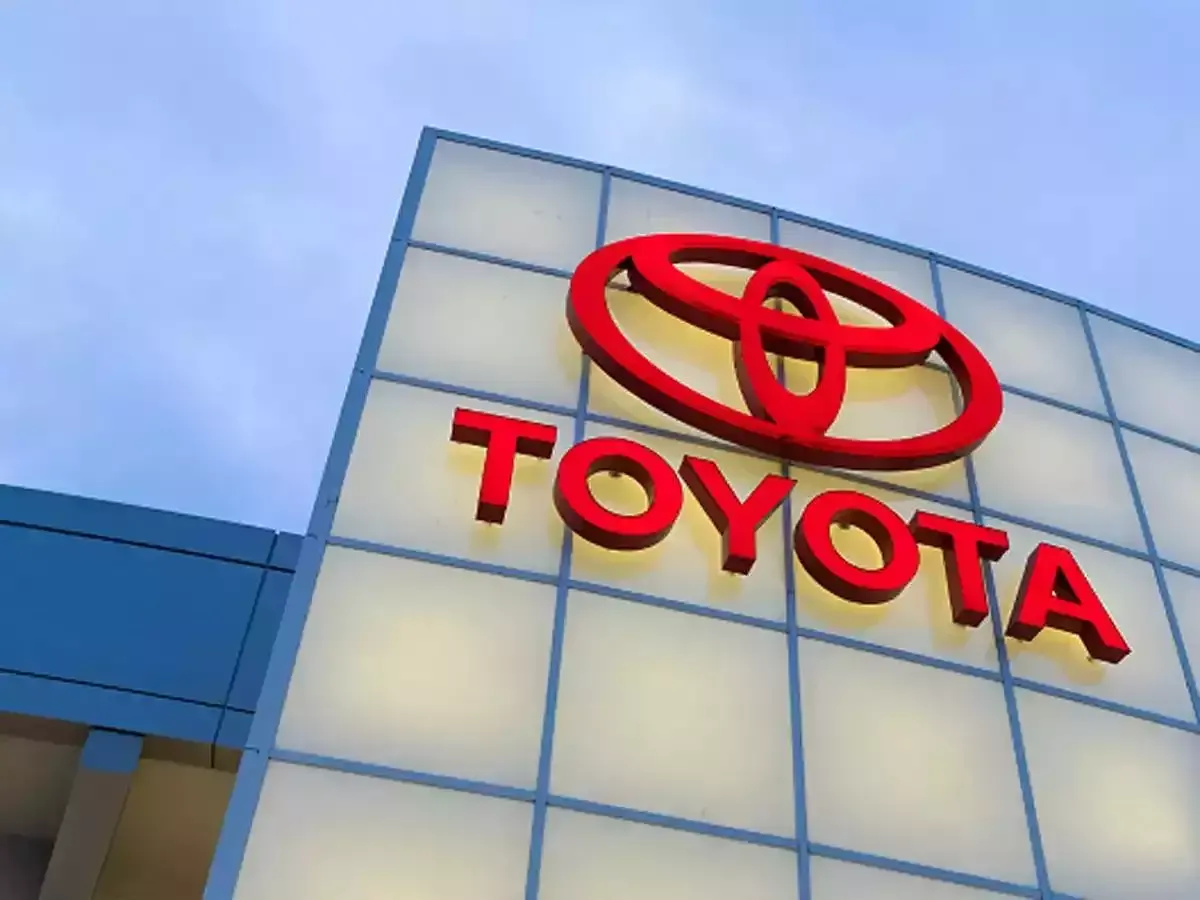Although soaring materials prices offset the effects of the global chip shortage, Japanese carmaker Toyota left its annual forecasts unchanged on Thursday.
It, along with other companies in the industry, is still experiencing production setbacks due to the chip shortage, the world's top-selling automaker announced last month.
Despite supply shortages and natural disasters, Toyota's dealers, suppliers, and production sites persevered under challenging conditions.
Although net profit will fall 17 percent in the 12 months to March 2023, the company said it still expects to make 2.36 trillion yen ($18 billion).
According to Toyota, it is working on the "evaluation of alternative semiconductors and responding to design changes for securing stable semiconductor procurement".
A net profit of 727.9 billion yen was posted in the third quarter, down eight percent on the year, and a profit of 1.90 trillion yen was recorded for April-December, down 18 percent on the year.
Toyota said a weaker yen and higher volume increased its operating profit in the third quarter, outweighing the negative effects of soaring material prices.
According to Tokai Tokyo Research Institute senior analyst Seiji Sugiura, the carmaker has been struggling to meet production targets due to a lack of semiconductors.
As a result, Toyota has a stronger bargaining position with parts suppliers than its smaller competitors, according to Sugiura.
Despite Toyota's cautions, Toyota's CEO said that for now, Chinese customers' enthusiasm regarding its products remains lukewarm, even after China ended its zero-Covid policy.
Toyota made its pre-pandemic production target of 9.6 million vehicles in 2019. Now, Toyota wants to make 10.6 million by 2023 -- a higher number than in recent years.
A shortage of parts, however, could result in a production decline of 10 percent.
The global market, especially in North America and Asia, rebounded in the third quarter, helping Toyota increase vehicle sales by 16 percent.
As part of a surprise shakeup of the company's leadership, top executive Akio Toyoda was replaced last month by 53-year-old Koji Sato.
Atop Toyota's executive and president roles are Toyoda, 66, and Sato, previously chief branding officer, president, and CEO of its luxury Lexus brand.
Sato takes the helm as the auto industry undergoes a major transformation. Electric vehicles are now the focus.
The world's leading hybrid car manufacturer has struggled to adapt to the growing demand for low-emission cars, even as the company pioneered hybrids.
By the end of the decade, the company plans to roll out 30 electric cars powered by batteries.
Toyoda's hiring of Chris Redl as CEO of Gordian Capital Japan was praised by Chris Redl of Gordian Capital.
It is natural to assume that his lack of success with the EV strategy has something to do with his resignation, he said.
Nevertheless, I think that given the high price of lithium, he is perfectly justified in staying lukewarm on the electrification of Toyota's fleet.

Subscribe to our newsletter!
As a leading independent research provider, TradeAlgo keeps you connected from anywhere.








